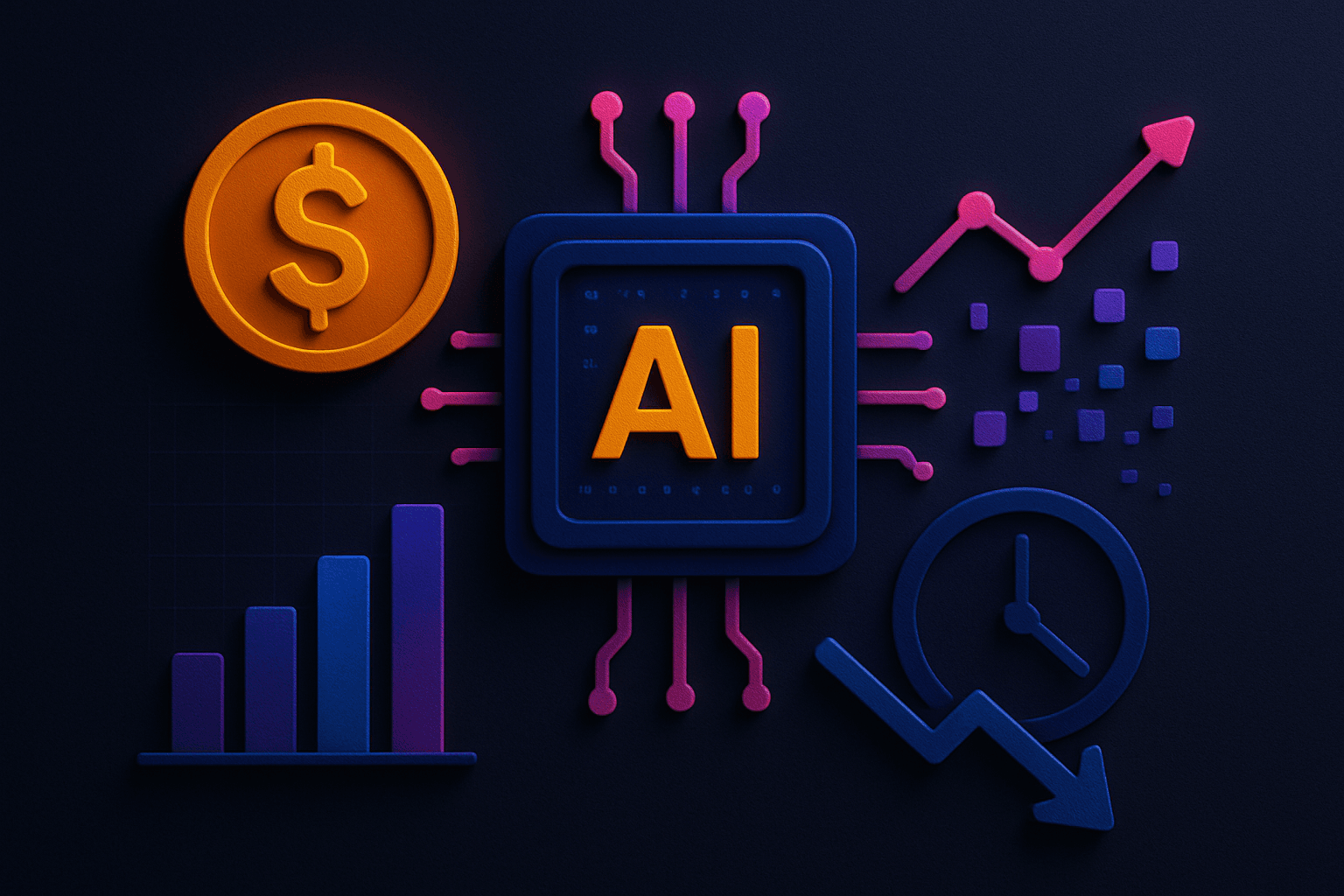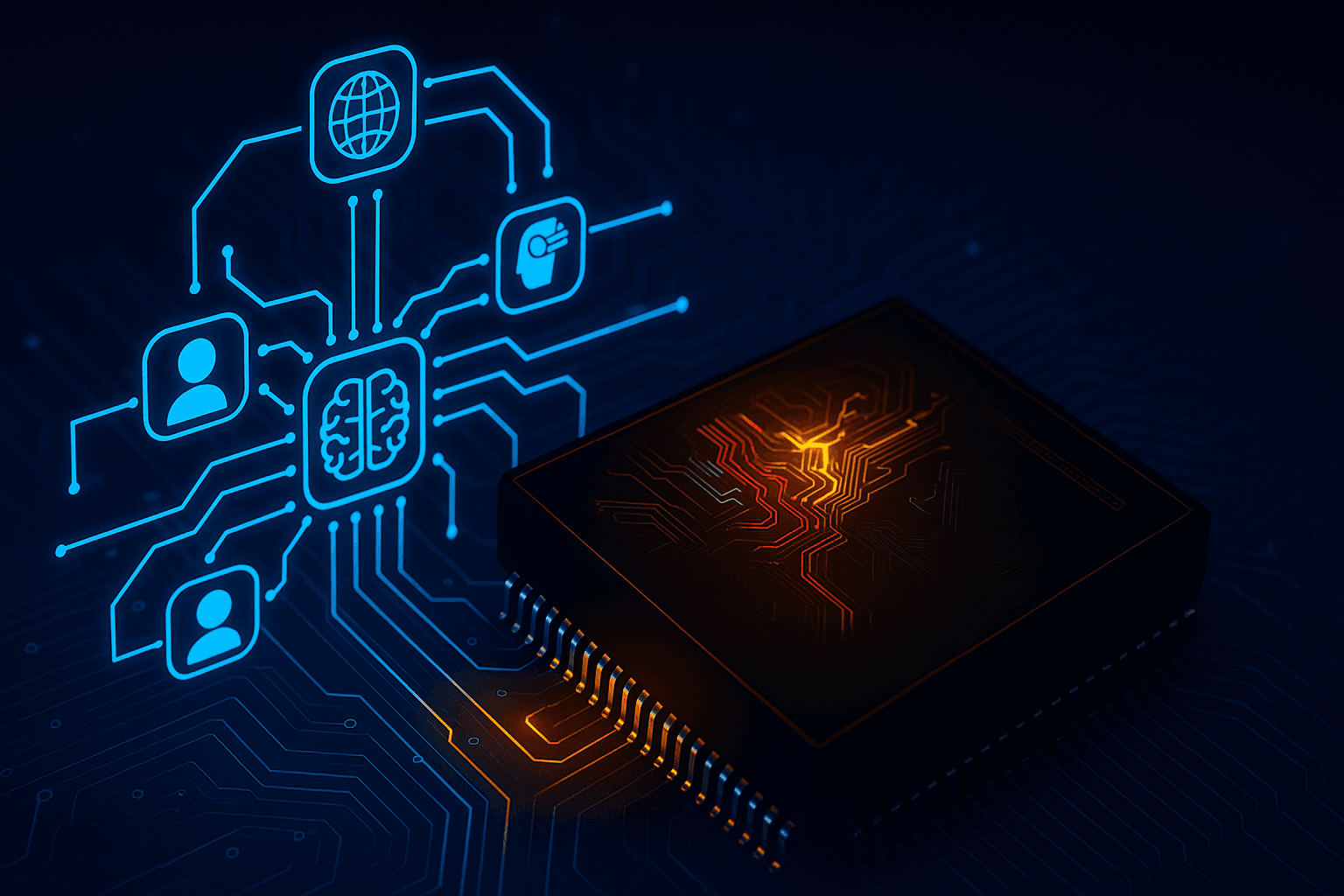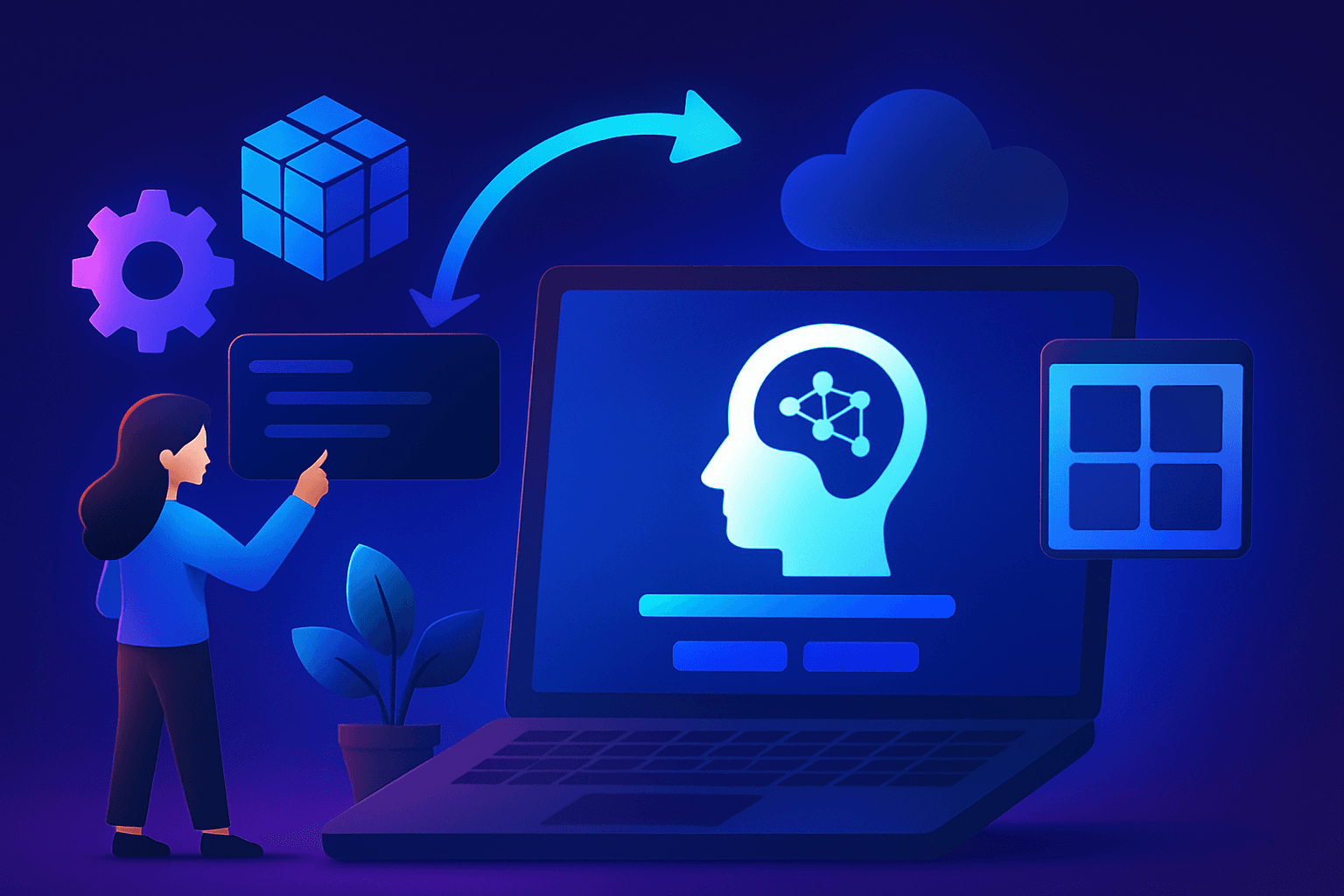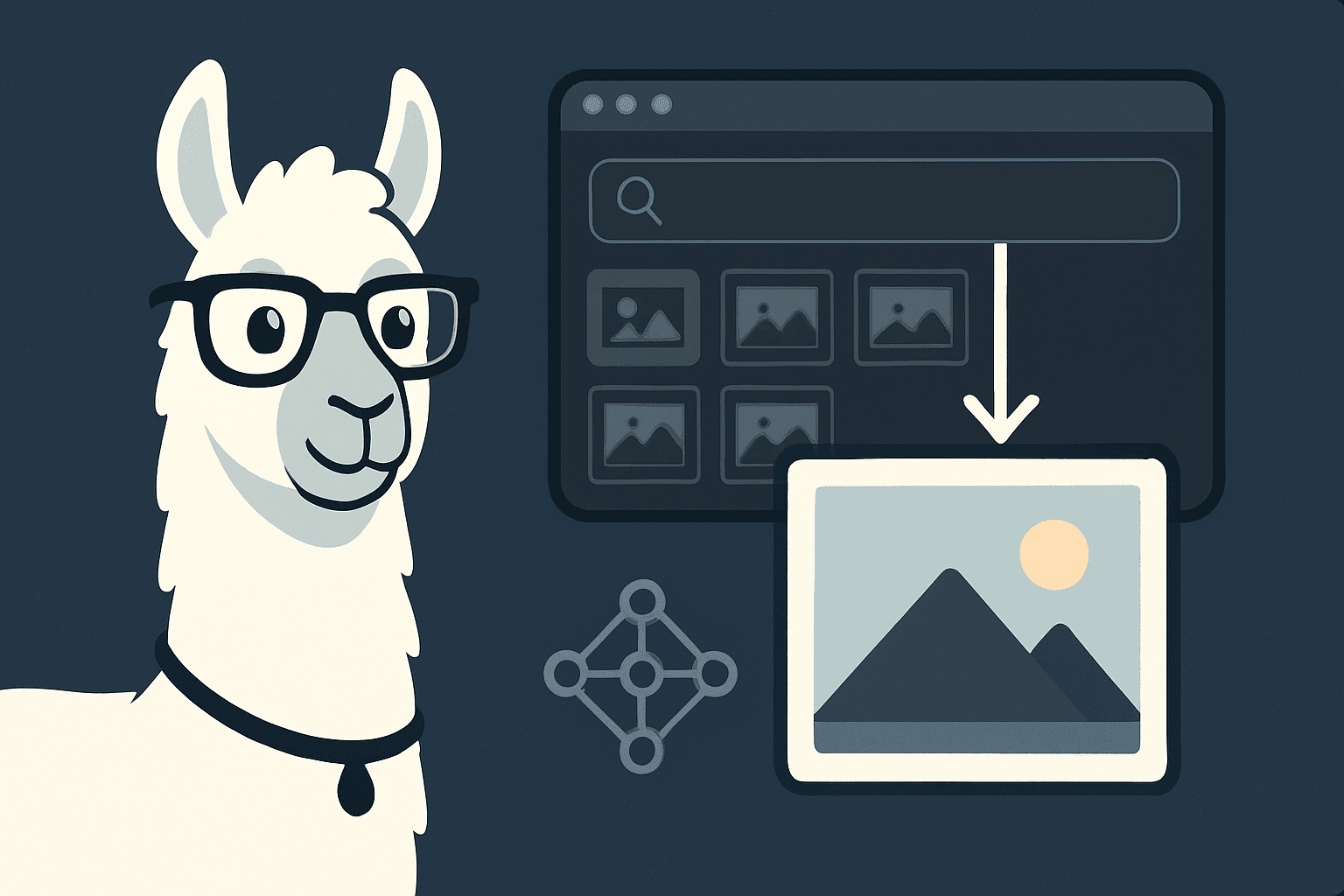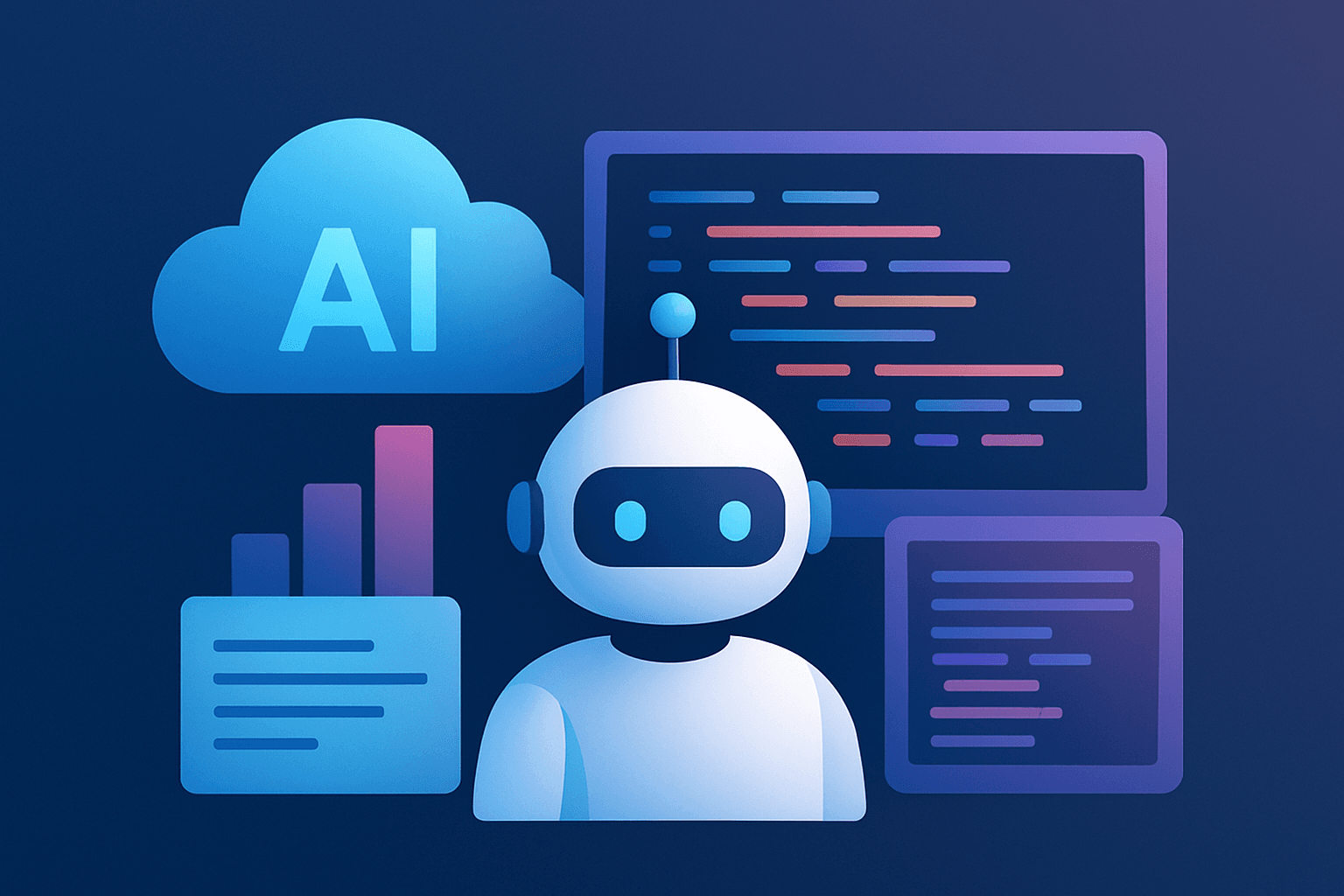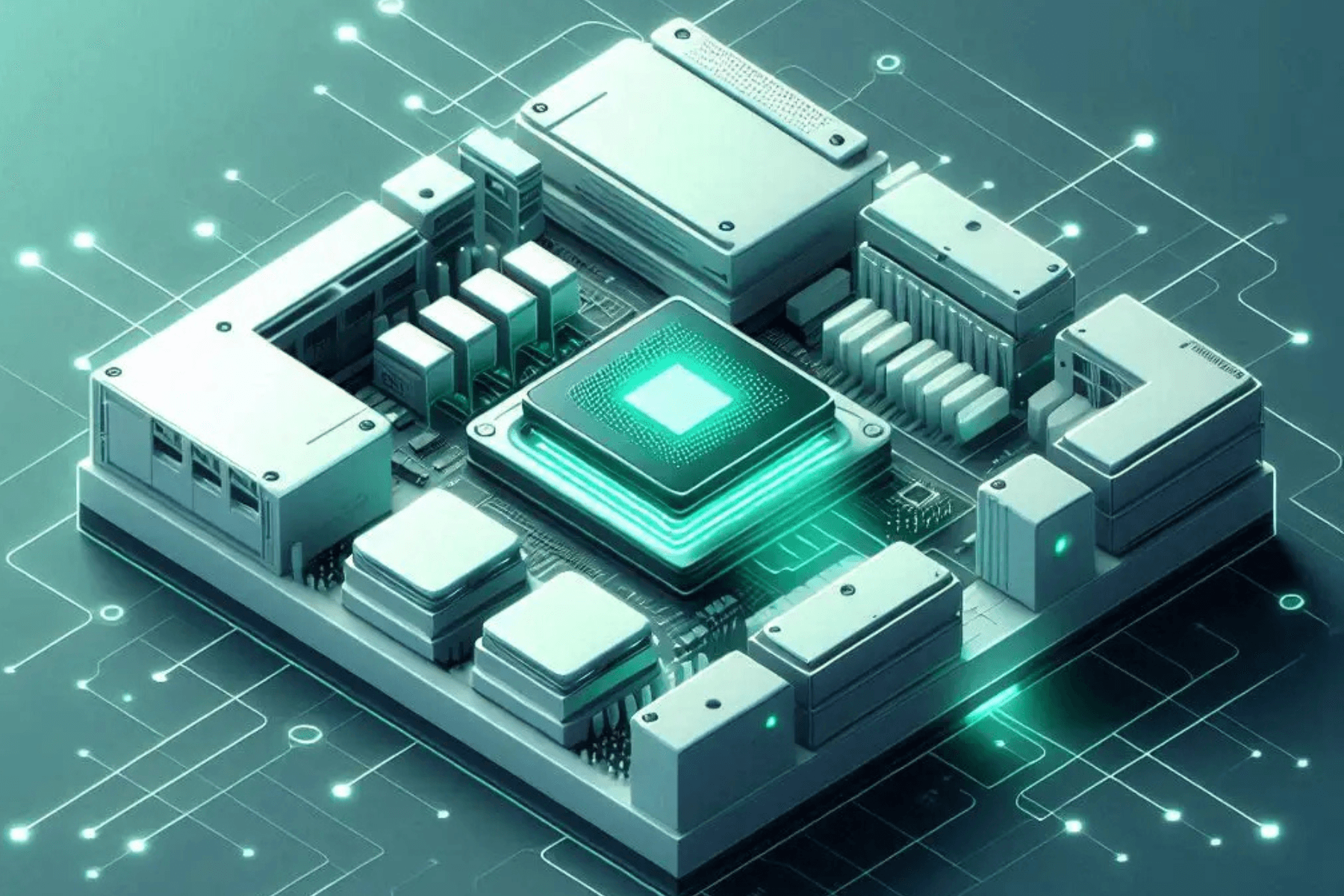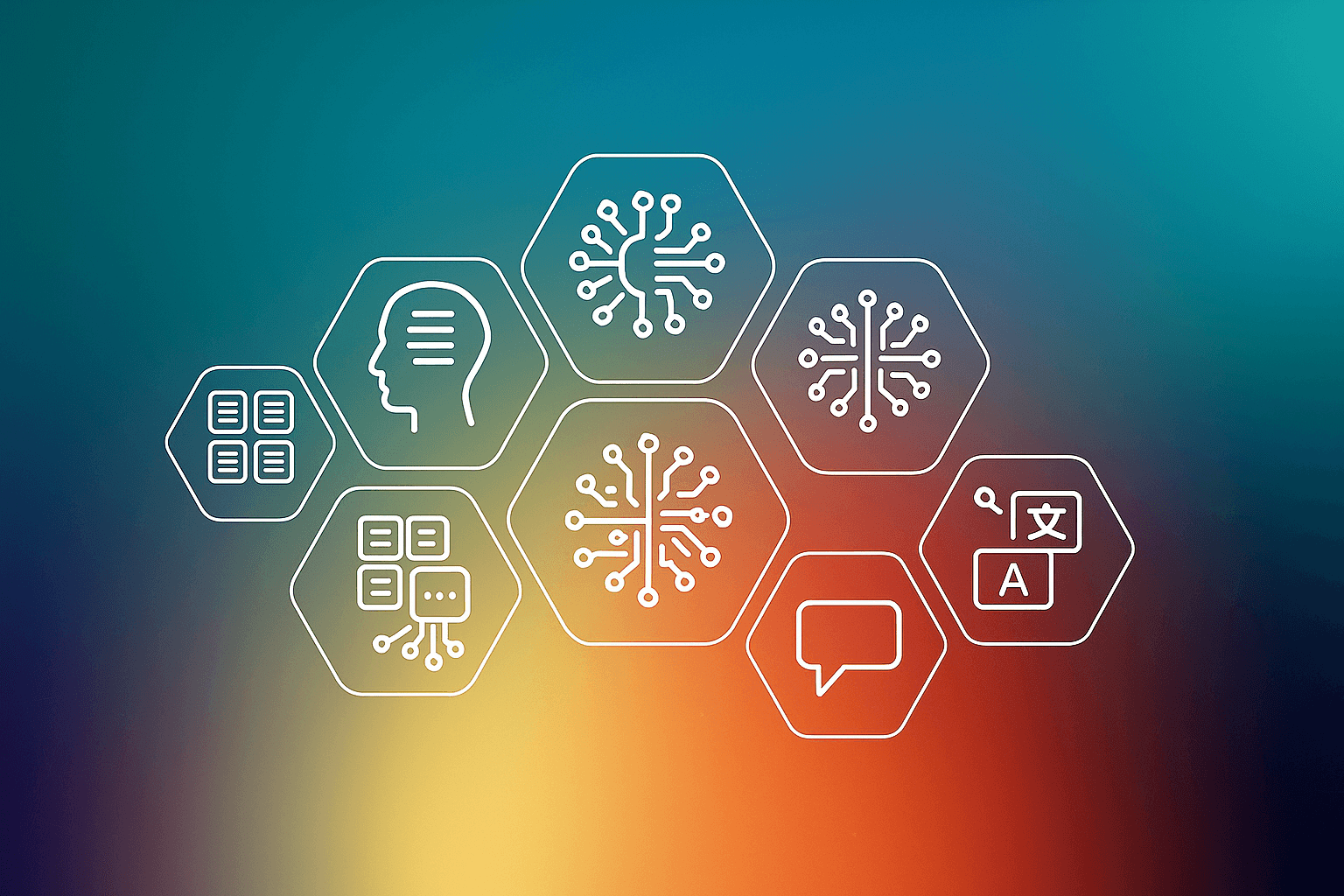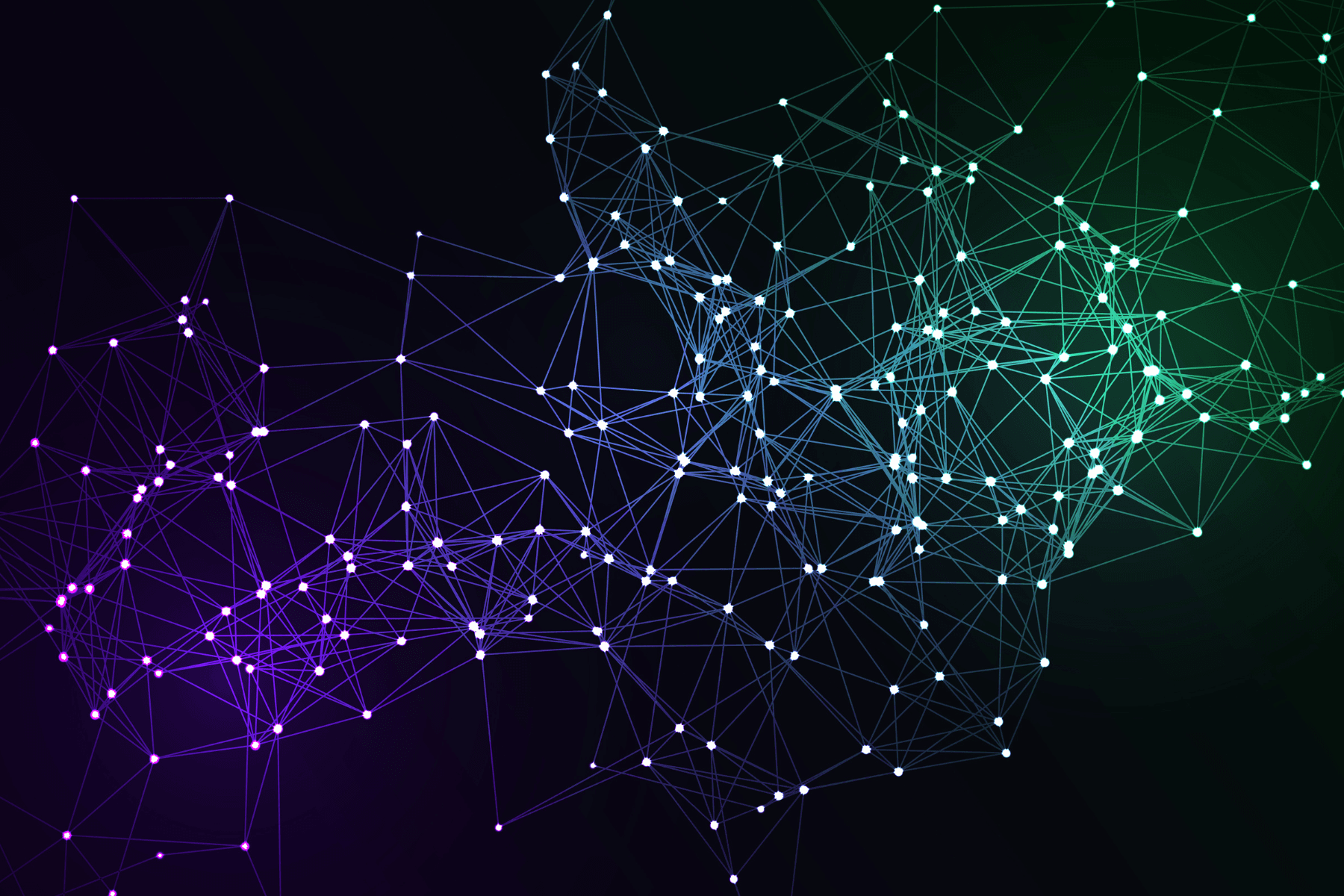Healthcare and AI together are projected to be a 6 billion dollar industry by 2021. It is no secret that the combination is both intimidating and threatening to those in the medical field. However, the use of Artificial Intelligence in the field of healthcare is an enabler and not a threat. A thought conceptualized in the 1950’s AI is a game-changing technology that is working towards delivering truly proactive and predictive healthcare to all.
Of the many benefits, here are the top 3 ways Artificial Intelligence is revolutionizing healthcare:
Predictive Care
The use of AI and predictive analytics in healthcare will help medical professionals understand more about the different underlying factors that influence a patient’s health. Factors like the ‘social determinants of health’ can be anticipated and preventive measures can be taken before things get worse. For instance, when a person is at risk of developing a chronic disease, appropriate healthcare guidance can avoid untimely death.
AI solutions will also provide real-time support to medical staff by analyzing vast amounts of patient data and identifying potential risk-based cases. The use of Artificial Intelligence improves both decision accuracy and helps those in the field to make more informed decisions.
Better Experience
Patient experience is a core factor in determining how soon they recover or not. Staff burnout is another reason for patients to lose out on better care. Artificial Intelligence, in this case, takes charge of analyzing patient data, offering predictive care, and diagnosing every procedure on the way. It creates a more fulfilling and financially sustainable experience that will improve the lifelong wellbeing of people.
The use of AI by multiple health organizations to direct chat-bot based patient solutions are proving very successful in providing basic guidance on medical issues. More than just saving money, it is an effective measure for patients in remote areas who can get advice from the comfort of their homes and reduce the risk of hospital visits, especially during this pandemic.
Connected Services
Beside offering predictive care, it is also imperative that hospitals monitor and treat more complex cases with urgency and low-risk cases via regular consultations. Each location or department in a hospital, when connected to a single digital network, enables healthcare providers to focus better on pressing issues. AI helps spot high-risk patients and also remove bottlenecks in the system. It ensures patients get the care they need, and healthcare professionals provide their attention to where it is most needed.
Speed is one of the most important factors in the healthcare industry, and AI accelerates the time of service by binding together a network of healthcare providers and patients.
2020, Our Today
The opportunities for AI in healthcare is a long and complex journey. However, as healthcare continues to globalize today, AI-powered solutions will make a more meaningful impact in raising the standard of healthcare services.
